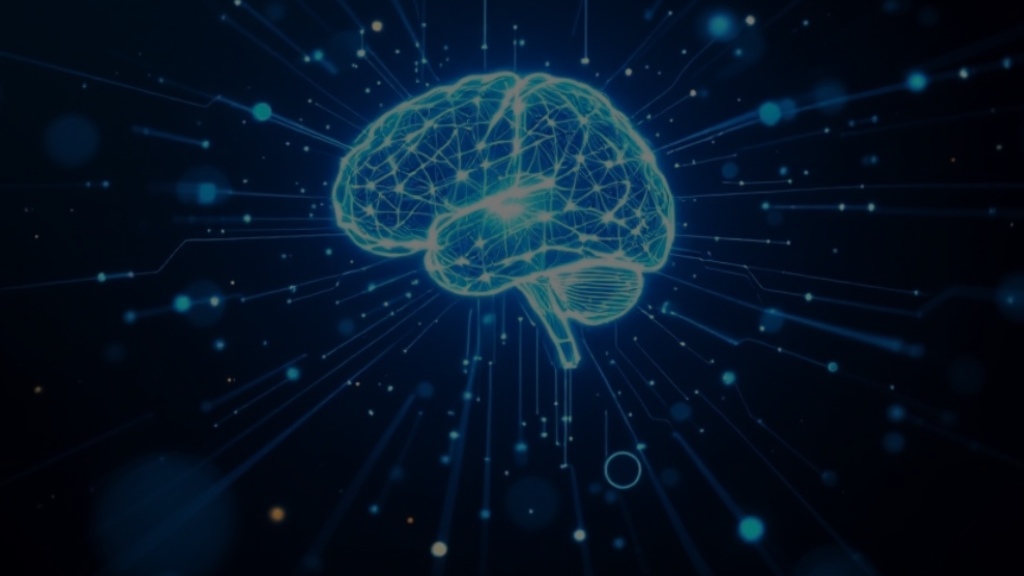In a world where technology is constantly reshaping our personal, professional, and societal landscapes, understanding Artificial Intelligence (AI) has evolved from a niche interest into a fundamental skill. Whether it’s driving personalized recommendations in our favorite apps, optimizing logistics for global supply chains, or assisting doctors in diagnosing diseases, AI is quietly influencing nearly every aspect of our lives. This growing ubiquity makes it clear: AI education is not only important; it’s essential for preparing today’s learners to thrive in tomorrow’s world.
1. Preparing for a Rapidly Evolving Workforce
The future of work is no longer a distant promise—it’s unfolding right now. AI-driven automation is affecting jobs across the spectrum, from manufacturing and retail to law and finance. While some routine tasks may be automated, new roles and opportunities will emerge, often requiring hybrid skill sets that blend technical literacy with creativity, emotional intelligence, and critical thinking.
AI education empowers students to understand these shifts and adapt proactively. Instead of viewing automation as a threat, learners who understand AI’s capabilities can harness it to enhance their own effectiveness. For instance, the World Economic Forum’s Future of Jobs Report indicates that technology adoption, including AI, will transform how we work, creating demand for new skills. By educating students about AI, we’re ensuring they can navigate, shape, and capitalize on the evolving landscape of the global economy.
2. Enhancing Problem-Solving and Critical Thinking Skills
At its core, AI involves recognizing patterns, analyzing complex datasets, and developing models that predict or categorize information. Engaging with these concepts—be it through coding simple AI models, experimenting with machine learning tools, or critiquing algorithmic outputs—hones essential problem-solving skills.
This process encourages learners to think critically about data, question assumptions, and assess the ethical implications of technology-driven decisions. For guidance, educators can explore resources from the International Society for Technology in Education (ISTE), which provides insights into integrating AI to strengthen critical thinking and analytical skills in the classroom.
3. Driving Innovation and Entrepreneurship
Innovation thrives at the intersection of emerging technologies and imaginative minds. By introducing AI concepts early—ranging from natural language processing to image recognition—students gain the technical fluency needed to envision new products and solutions.
Organizations like the OECD highlight that AI can support informed decision-making, streamline processes, and spark innovative ventures. With the right educational foundation, even small teams or individual entrepreneurs can leverage AI to create impactful applications—be it in healthcare, environmental sustainability, or global logistics.
4. Ensuring Digital Literacy and Responsible Use
As AI systems influence everyday decisions—affecting what news we see, how job applications are filtered, and how resources are allocated—it’s crucial that people understand how these algorithms work. Without this knowledge, individuals risk becoming passive subjects of opaque AI-driven processes.
AI education fosters digital literacy and responsible use. Students who learn about data provenance, algorithmic fairness, and privacy safeguards can approach AI systems with informed skepticism. For best practices on integrating ethical considerations, educators can turn to the UNESCO Guidelines on AI in Education, which emphasize the importance of transparency, inclusivity, and student empowerment.
5. Addressing Global Challenges
Many of the world’s most urgent problems—such as climate change, public health crises, and resource management—require large-scale, data-driven solutions. AI can help identify patterns in global data, assist policymakers in modeling outcomes, and support scientists in accelerating research.
Armed with AI education, today’s learners will be tomorrow’s problem-solvers. They can apply what they learn to analyze climate models, explore genomic data for medical breakthroughs, or optimize energy systems for sustainability. This holistic approach is supported by publications like the MIT Technology Review’s AI Section, which tracks how AI influences research and policy worldwide.
6. Expanding Education Beyond the Classroom
The importance of AI education doesn’t end with graduation. Professionals in every field stand to benefit from ongoing training as AI tools evolve. Online courses, industry workshops, and professional development programs ensure that workers at all career stages remain informed and competitive.
This culture of continuous learning fosters resilience and adaptability. As AI algorithms improve and new applications emerge, those who keep learning can quickly pivot, designing innovative solutions and ensuring their communities or organizations remain at the cutting edge of progress.
7. Supporting Educators and Institutional Excellence
To deliver AI education effectively, teachers, schools, and universities themselves must become literate in AI. Institutions that integrate AI into their curricula can better prepare students for both higher education and the job market. The UNESCO International Institute for Educational Planning (IIEP) provides insights on policy planning and capacity building, helping education systems navigate the integration of AI-related competencies.
Educators equipped with AI literacy can design hands-on projects, facilitate critical discussions, and foster an environment that demystifies complexity. By empowering teachers, we ensure students approach AI not with confusion, but with curiosity and confidence.
Conclusion: Cultivating an Informed Future
As AI weaves itself into every aspect of daily life, AI education ensures that the next generation isn’t left behind. It prepares learners to be skilled professionals, responsible digital citizens, ethical innovators, and compassionate leaders. By embracing AI education, we invest in a society capable of steering technological progress—rather than being steered by it.
Through AI education, we reaffirm that the purpose of learning goes beyond rote knowledge. It’s about shaping thoughtful, adaptable individuals who can navigate a future defined by complexity, collaboration, and continuous change.




